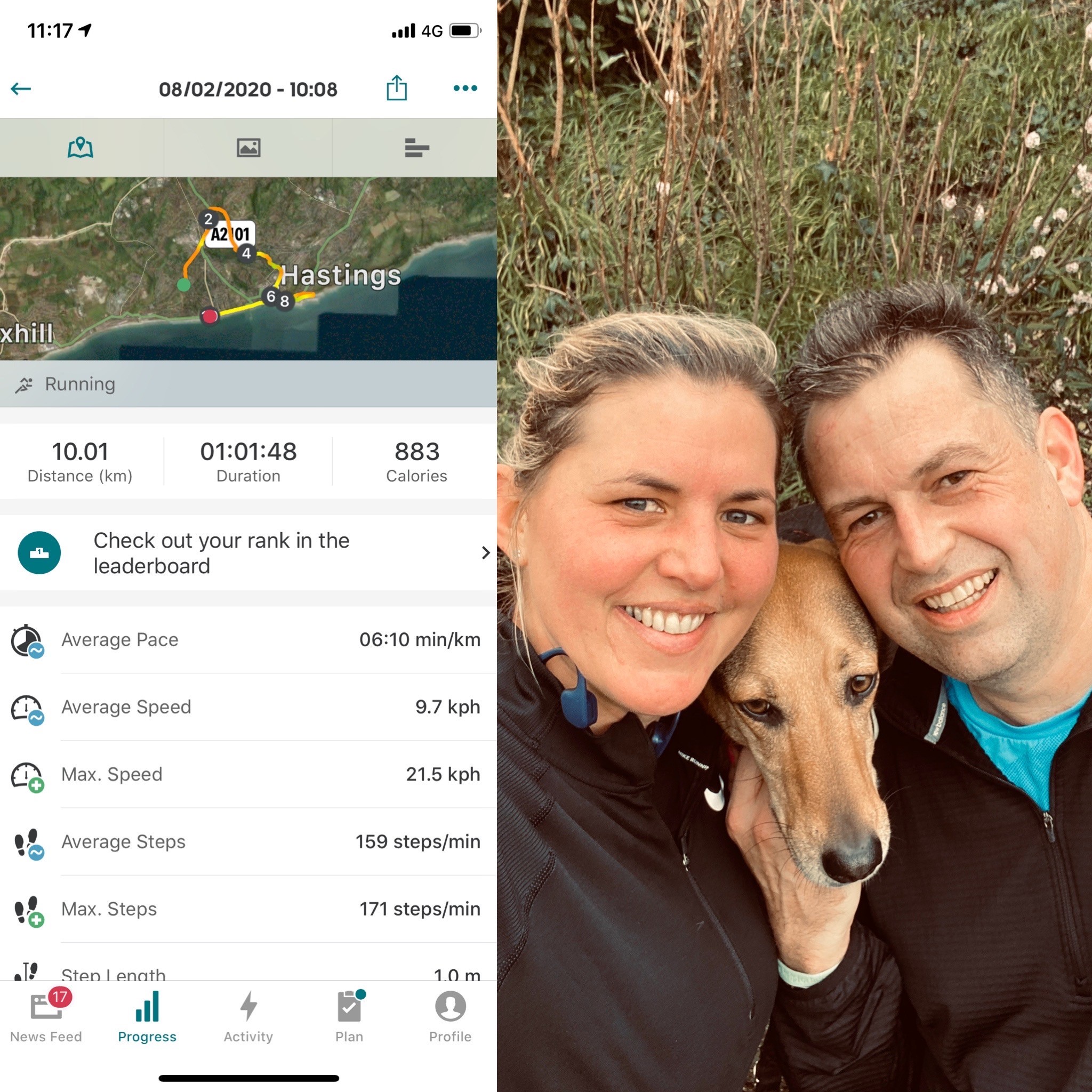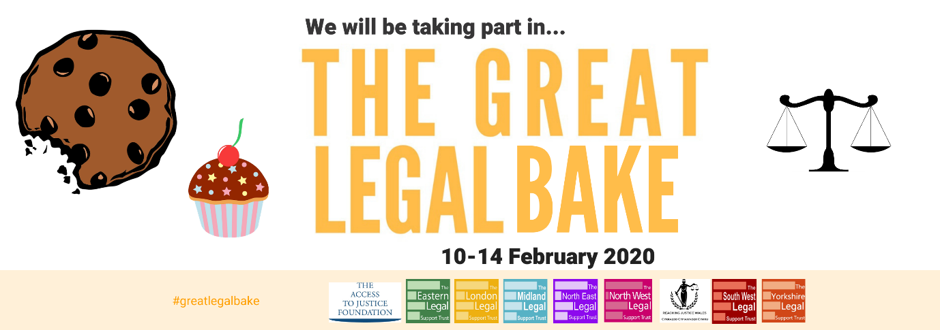By Mr Simon Easton
Chartered and Clinical Psychologist
&
Visiting Research Fellow, University of Portsmouth
Clinical psychologists, medics and allied health professionals acting as expert witnesses draw upon their experience as clinicians when writing reports for the Courts, but can be less familiar with the literature relating to assessment of lying and malingering (see: Resnick, 1995; Rogers, 1997; Drob et al., 2009; Vrij, 2000; Vrij et al.; 2011).
There is evidence that people are usually not good at detecting lies (Vrij, 2000), and experts, such as members of the Criminal Intelligence Agency, for example, have been shown to perform only slightly better than most other people (Ekman, et al., 1999).
The literature on lying tends to view dishonesty as active clear cut – either what you say is wholly true or wholly untrue. In medico-legal settings the detection of partial truth may be particularly relevant. Resnick (1995) distinguished between: Pure malingering (feigning non-existent disease); Partial malingering (exaggeration of existing symptoms) and False Imputation (falsely ascribe real symptoms to unrelated cause). Resnick (1997) went on to suggest that the clinician might also attend to other factors in assessment of validity of a claimant’s reporting, including: irregular employment & job dissatisfaction; previous claims for injuries; lack of co-operation at interview; psychological test results.
- Rogers (1997) provided a list of factors a clinician might be alert to in interview:
- Rare symptoms (honest respondents might describe symptoms that a malingerer might not know about),
- Indiscriminate symptom endorsement (confirming presence of all symptoms asked about),
- Obvious symptoms (observable signs of difficulty),
- Improbable symptoms (unlikely difficulties in the context),
- Attention to presence of improbable combinations of symptoms,
- Presence of symptoms of improbably extreme severity.
Lanyon (1997) suggested that, in assessing likelihood of malingering, an individual’s accuracy of knowledge about a disorder is important, and investigators might usefully seek to identify whether or not someone is familiar with information which would not be readily known. The assessor might also consider whether someone presents information in a way which is consistent with common expectations for a disorder, but which does not actually reflect empirical validity.
There may be a wide range of other psychological factors that will affect assessment and prognosis. Ferrari et al., (1999) suggested that the prognosis for injuries in medico-legal settings can be affected by a range of aspects, such as: blame, expectations & labelling, attention to symptoms, social factors, litigation and the sick role.
The clinician, when preparing a report for the Court, will usually have the opportunity to review other sources of information, such as medical records. Extensive and detailed questioning at interview will provide the opportunity to evaluate the validity of the informant’s story in the light of that prior knowledge (Vrij and Easton, 2002).
Psychological tests can serve to alert the clinician to possibility of inconsistency in presentation, but frequency of false positive and false negatives needs to borne in mind. Interpretation of Psychometric test results requires care: Maguire, at al., (2001) reported that Pure malingerers (those inventing history of pain) tend to produce similar scores to those of “real” pain patients on psychometric tests (eg; Pain Patient profile), whilst Partial malingerers (those exaggerating existing pain) tend to substantially over-endorse symptoms.
Faking psychological distress or pain is not difficult: Edens et al., (2001), for example, showed that successful malingerers asked to feign a mental disorder tended to endorse a lower rate of legitimate symptoms, avoid overly unusual or bizarre symptoms and/or base their responses on their personal experiences.
The opinion of an expert witness to the Court should be based on evidence cited in support of conclusions, and result from a comprehensive assessment. The structure of the interview, the relevance of areas covered, the recognition of limits of expertise, and the awareness and consideration of alternative interpretations of evidence must be taken into account when the Court assesses the weight to be attached to an expert’s report.
In the clinical setting, careful observation targeting the deception cues detailed above, extended interview probing, without revealing available information, together with such additional tests a may be appropriate, may increase the chance of detecting malingering. However, the only way to be confident about the veracity of a client’s report is to thoroughly investigate the issue, and search for collateral evidence (medical reports, statements of independent witnesses, forensic evidence) which supports or contradicts claims made.
Awareness of the relevant literature and/or formal training in the relevant techniques may be a requirement for expert witnesses. The expert assessor’s attention to these key issues will assist both in the forming of opinions and the expert’s expression of confidence in those opinions.





 Baking to help provide access to justice for our country’s most vulnerable
Baking to help provide access to justice for our country’s most vulnerable
